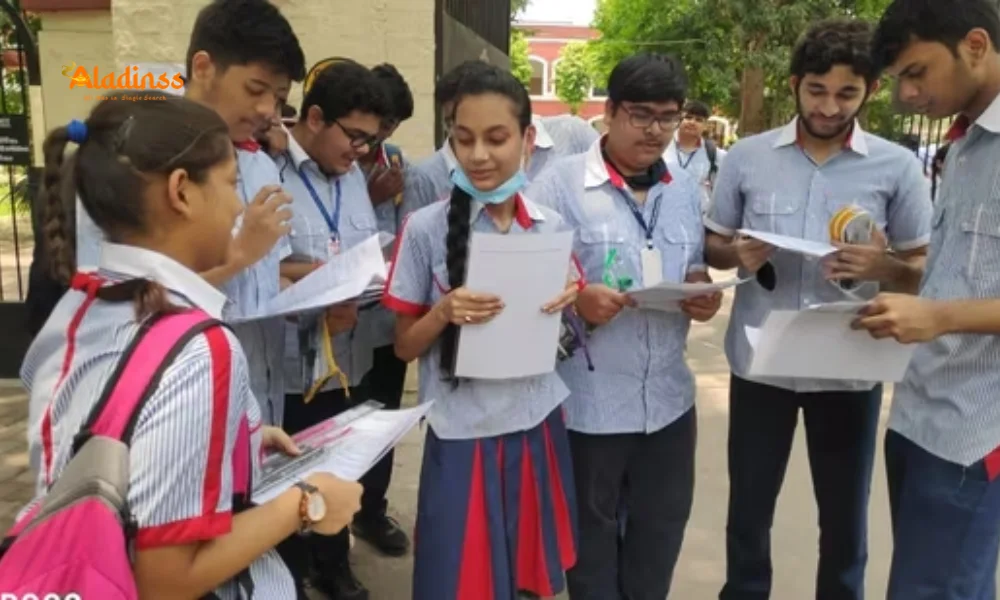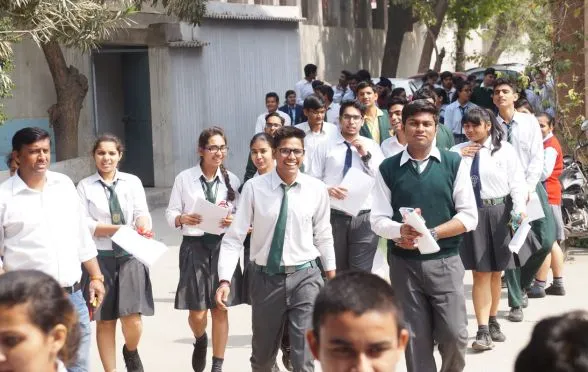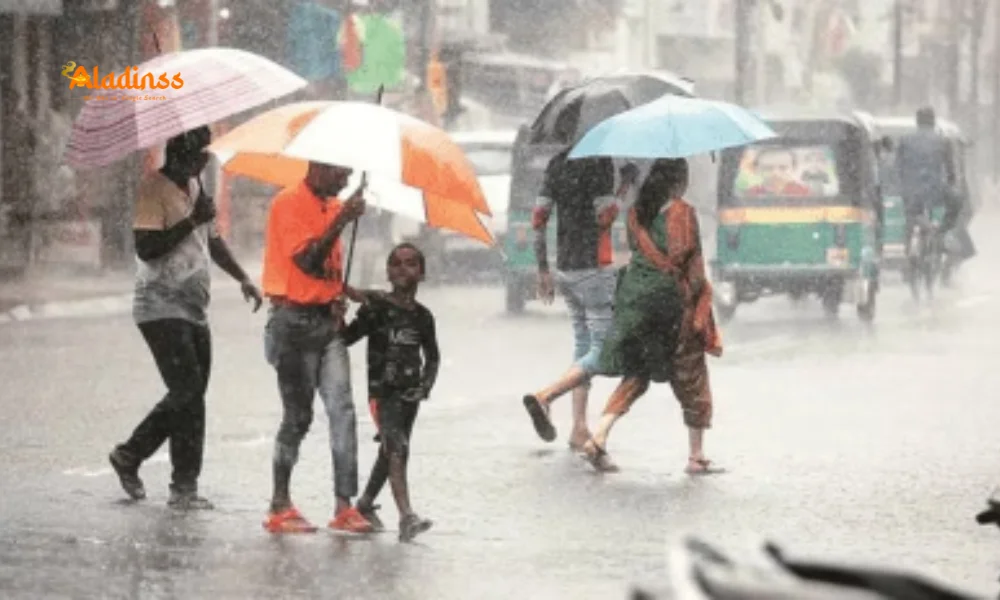CBSE Board Exams 2025: New Restrictions and 75% Attendance Mandatory for Class 10, 12 Students

CBSE Board Exams 2025: New Restrictions and 75% Attendance Mandatory for Class 10, 12 Students
The Central Board of Secondary Education (CBSE) has introduced stringent new restrictions for students appearing for the Class 10 and Class 12 public examinations in 2025, aligning with the National Education Policy (NEP) 2020. This breaking news has sparked widespread debate among students, parents, and educators, as the changes aim to curb dropout rates and promote a holistic learning experience. With the Class 10 exams scheduled from February 10 to March 18, 2025, and Class 12 exams from February 15 to April 4, 2025, the CBSE’s latest development focuses on mandatory attendance and a restructured two-year evaluation system.

CBSE’s New Examination Structure
In a significant shift, the CBSE has transformed the Class 10 and Class 12 board exams into a two-year evaluation program. For Class 10, the curriculum will integrate Classes 9 and 10, with the board exam scores determined by performance in both years, including class exams and project-based assessments. Similarly, Classes 11 and 12 will be integrated for Class 12 evaluations. This change ensures that students must consistently engage in their studies over two years to qualify for a passing certificate, emphasizing continuous learning and reducing reliance on single-year performance.
This restructuring aligns with the NEP’s goal of addressing India’s high dropout rates. According to the 75th National Sample Survey (NSSO) 2017-18, 32.2 crore children aged 6–17 are out of school, with Gross Enrollment Rates (GER) dropping to 79.3% for Classes 9–10 and 56.5% for Classes 11–12. The CBSE’s new approach aims to bring dropouts back into the education system by fostering a more inclusive and continuous assessment model, ensuring students remain engaged throughout their secondary education.
Mandatory 75% Attendance Rule
One of the most significant changes is the enforcement of a mandatory 75% attendance requirement for students appearing in Class 10 and Class 12 board exams. The CBSE has stipulated that only 25% leave will be permitted, exclusively for medical emergencies, participation in national-level sports, or artistic events. Students failing to meet this attendance threshold without valid reasons will be deemed ineligible to sit for the board exams, a rule that reinforces the importance of regular school attendance.
While the 75% attendance rule was already in place, its strict enforcement, combined with the two-year evaluation system, places additional responsibility on students. This measure aims to ensure that students are actively involved in their education, attending classes regularly, and participating in school activities, which are now integral to their final board exam scores.
Addressing Dropout Rates
The CBSE’s new policies are a direct response to the alarming dropout rates in Indian schools. The GER for Classes 6–8 stands at 90.9%, but it significantly declines in higher grades, reflecting a gap in retaining students through secondary education. The NEP 2020 emphasizes reintegrating out-of-school children, and the CBSE’s two-year program is designed to create a more engaging and supportive academic environment, encouraging students to stay enrolled and complete their education.
By integrating two years of learning and assessment, the CBSE aims to reduce the pressure of a single high-stakes exam, which often contributes to student dropouts. The inclusion of project-based assessments and continuous evaluations allows for a more comprehensive evaluation of a student’s abilities, catering to diverse learning styles and reducing the fear of failure associated with traditional board exams.
Impact on Students and Schools
The new restrictions have sparked mixed reactions. While some educators praise the move for promoting discipline and continuous learning, others argue it places an additional burden on students, particularly those from underprivileged backgrounds who may face challenges attending school regularly. The mandatory attendance rule, combined with the two-year evaluation, requires students to maintain consistent academic performance, which could be challenging for those balancing work or family responsibilities.
Schools are also adapting to these changes by implementing stricter attendance monitoring systems and enhancing student support programs. Teachers are being trained to incorporate project-based learning and continuous assessments into their curricula, ensuring students are well-prepared for the new evaluation format. Additionally, schools are expected to provide counseling and support to help students meet the attendance requirements and succeed in the revised board exam structure.
Preparing for the 2025 Board Exams
With the Class 10 and Class 12 exams approaching, students are advised to familiarize themselves with the new evaluation criteria. Regular attendance, active participation in class, and timely completion of projects will be critical to securing a passing score. Parents and guardians are encouraged to support their children by ensuring consistent school attendance and addressing any challenges that may prevent regular participation.
The CBSE has also urged students to stay updated with official announcements through school communications and the board’s official channels. Schools are expected to conduct orientation sessions to guide students and parents through the new rules, ensuring a smooth transition to the revised examination system.
Broader Implications of the Changes
The CBSE’s new restrictions and two-year evaluation system are part of a broader effort to align India’s education system with global standards. By emphasizing continuous assessment and regular attendance, the board aims to foster a culture of accountability and engagement among students. These changes also reflect the NEP’s vision of making education more inclusive and flexible, addressing the diverse needs of India’s student population.
However, the implementation of these policies will require significant coordination between schools, teachers, and parents. Rural and underprivileged schools, in particular, may face challenges in meeting the attendance and assessment requirements, necessitating additional support from educational authorities. The CBSE has promised to provide resources and training to ensure a smooth rollout of the new system across all affiliated schools.
Looking Ahead
As the 2025 board exams approach, the CBSE’s new restrictions signal a transformative shift in India’s education landscape. By prioritizing regular attendance and continuous assessment, the board aims to create a more robust and inclusive education system that prepares students for future challenges. While the changes may pose initial hurdles, they are expected to contribute to long-term improvements in student engagement and academic outcomes.
Students and parents are advised to stay informed about the new rules and work closely with schools to ensure compliance. The CBSE’s focus on holistic learning and dropout prevention underscores its commitment to shaping a brighter future for India’s youth, making the 2025 board exams a pivotal moment in the country’s educational journey.
Comment / Reply From
No comments yet. Be the first to comment!








